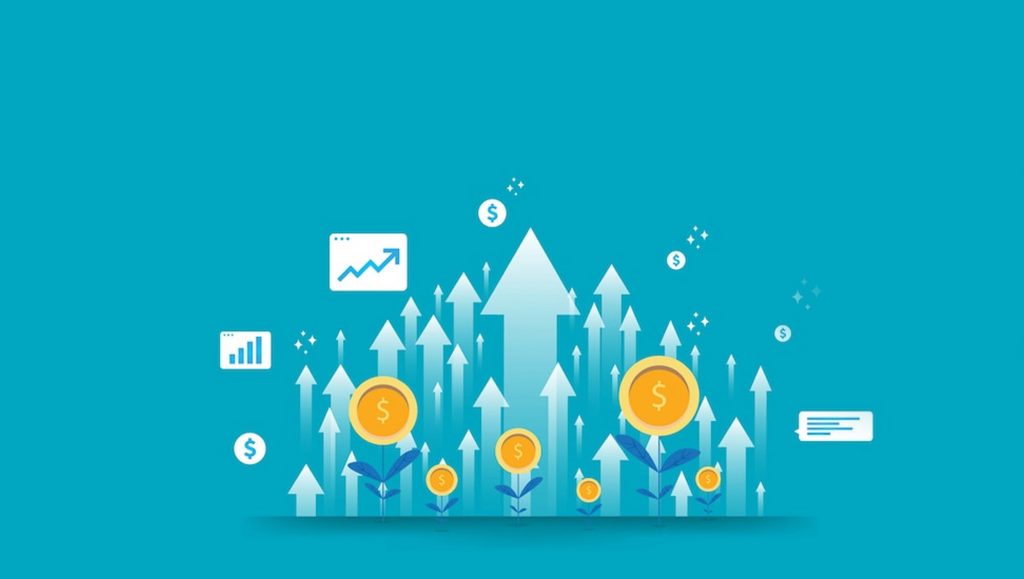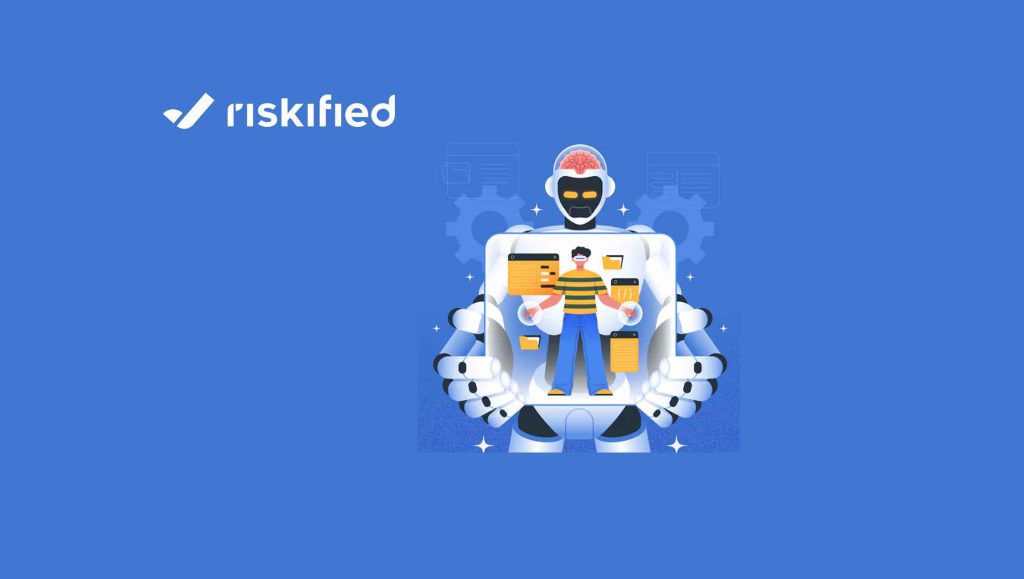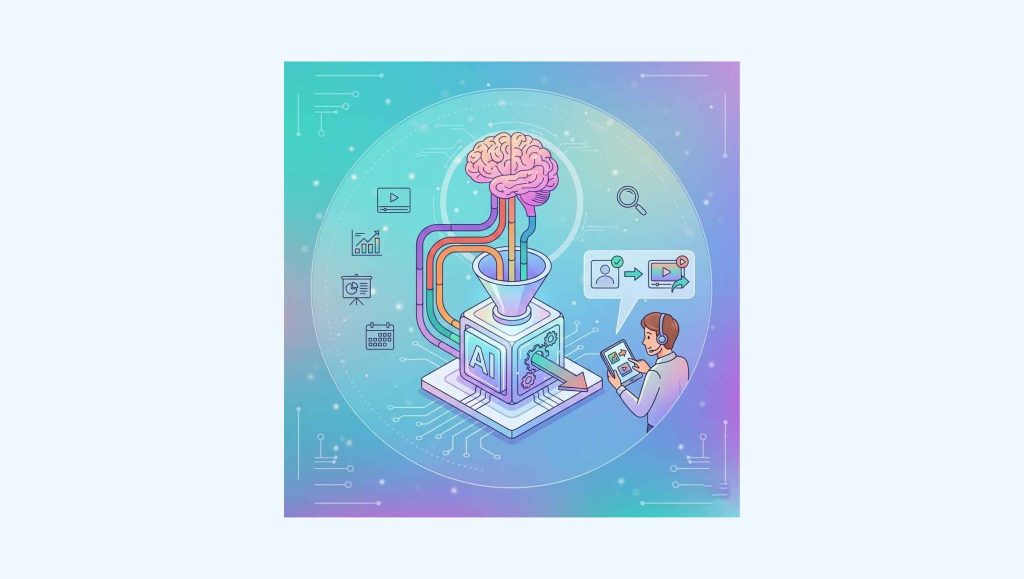New capability helps companies track, reduce, and report the CO2 emissions of purchased goods, supporting sustainability initiatives and government regulations
New global regulations are adding pressure for companies to be able to track and report the CO2 emissions of purchased goods. To help combat this, RELEX Solutions, a provider of unified supply chain and retail planning solutions, has introduced new CO2 Analytics functionality that automatically tracks and reports the CO2 emissions of purchased products.
“However, acquiring CO2 emission factors often requires big investments in terms of time and effort. Our aim is to simplify and reduce the amount of time it takes to calculate emissions and provide accurate visibility into the carbon footprint of purchased goods.”
The mandate to report all Scope 3 emissions (defined as the result of activities from the organization that indirectly affects the value chain), is affecting organizations specifically in the EU and California. These mandates, which include the CSDR directive in the EU and the California SB 253 Act in the U.S., require companies to be able to track the CO2 emissions of purchased goods, which generate the most emissions in retail.
Read More: TrustedSite Releases 2024 Report on the State of Ecommerce Trust
Typically a difficult and laborious process, RELEX CO2 Analytics automatically calculates CO2 emissions of purchased goods by combining emission factors for products using Al algorithms, with the data already available in the RELEX platform. RELEX customers can leverage 3rd party data sources through the RELEX AI and data platform, supporting integration of data that further enhances optimization outcomes and uses the latest AI tools and techniques; in this case a form of natural language processing to match CO2 emissions data to products.
“Consumers are increasingly seeking sustainable products and favoring retailers that demonstrate a commitment to sustainability. Reducing CO2 emissions, especially for retailers given how much emissions purchased goods create, exhibits the importance of reducing carbon footprint,” said Svante Göthe, Head of Sustainability, RELEX Solutions. “However, acquiring CO2 emission factors often requires big investments in terms of time and effort. Our aim is to simplify and reduce the amount of time it takes to calculate emissions and provide accurate visibility into the carbon footprint of purchased goods.”
RELEX CO2 Analytics not only empowers decision-making by providing data on the carbon footprint of products, it streamlines data collection and analysis processes to optimize reporting and workload, supports regulatory compliance, and ultimately, enhances end-customer satisfaction by clearly exhibiting support for sustainability initiatives.
Read More: SalesTechStar Interview with Juan Jaysingh, CEO at Zingtree
“We have begun piloting CO2 Analytics to better understand our own emission factors,” said Simon Kangas, Supply Chain Manager, Menigo. “Initially, we already see high value in the ability to visualize the emission data within the RELEX platform, and be able to easily analyze and report against those figures. It’s powerful to have this data directly in the RELEX platform, enabling decision-making for more sustainable supply chain planning at Menigo.”
RELEX was founded on the premise of reducing waste throughout the consumer goods value chain, and sustainability is a core tenet embedded across the organization. This commitment is reflected in key environmental figures, including annual savings of up to 40% of food waste, preventing 280 million kg of food waste, and saving 950,000 tons of CO2 equivalents. RELEX just announced the 2024 Sustainability Report which outlines the environmental, social responsibility, and governance initiatives and progress made against reducing the company’s carbon footprint globally.





















